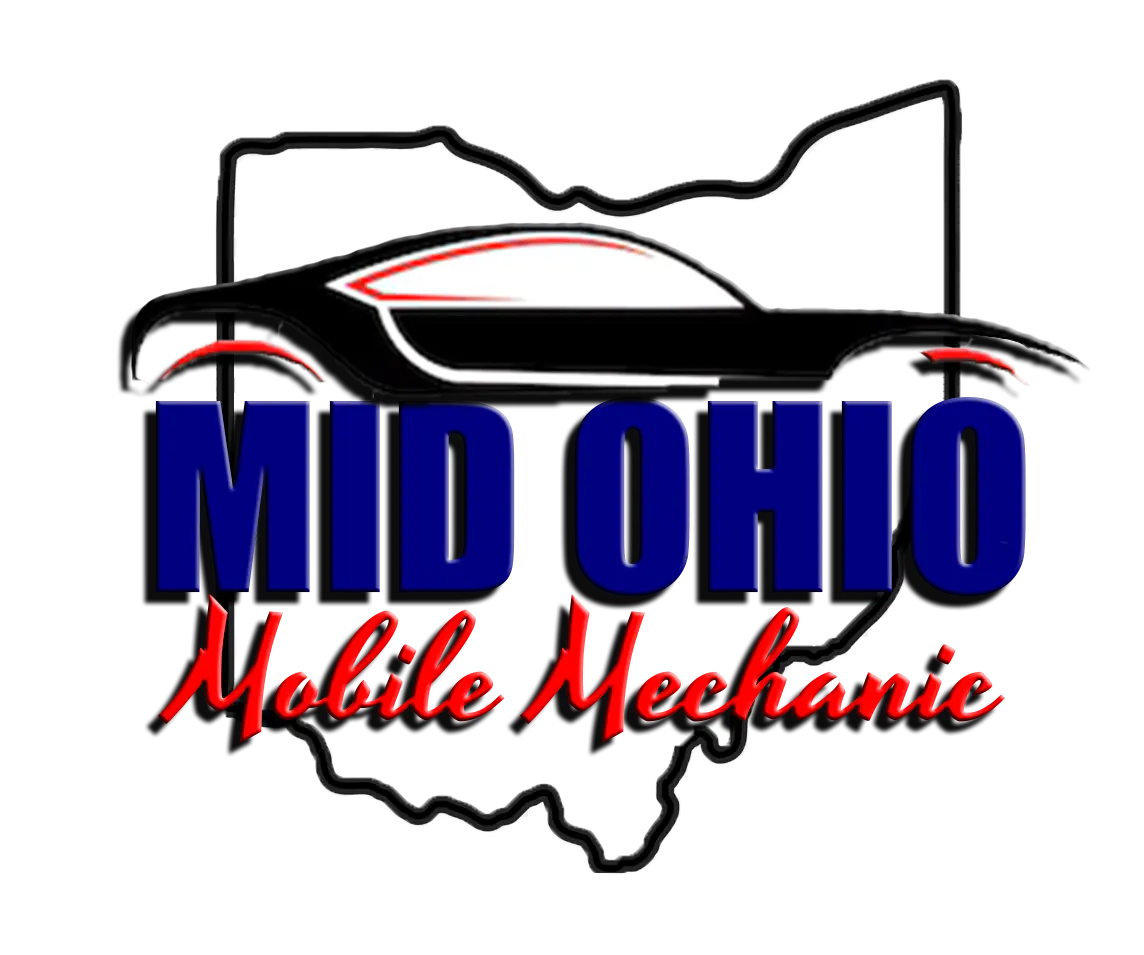The Mechanic Doctor – Resources for Amateur and Pro Auto Mechanics
In modern automotive repair shops, fire hazards are common ,whether it’s welding, cutting, grinding or working with highly flammable fluids, mechanics are constantly exposed to potential ignition sources. Add in the presence of oil-soaked rags, brake cleaner, vapors and fuel lines, the risk becomes significant.
Although many workshops follow basic safety protocols, few have dedicated personnel trained to recognize and respond to fire hazards in real-time. Fire watchers are responsible for monitoring hot work areas and intervening at the first sign of danger. They support both compliance and workplace safety by ensuring no uncontrolled heat, sparks or flames result in injury or property damage.
Inside the Fire Watcher Training Program
Fire watcher training prepares individuals to monitor high-risk tasks such as welding, flame cutting or any hot work involving exposed metal and ignition sources. Participants are trained to inspect the workspace before work begins, identify combustible materials, verify that proper extinguishing equipment is available, and confirm that permits are in place if required.
More importantly a fire watcher learns how to respond to a fire and not be a passive observer; they must know how to initiate an emergency response, activate alarms, use fire extinguishers correctly, and assist in evacuations if needed. During training, mechanics and support staff simulate real shop conditions and learn how to operate within them safely.
The need for this role becomes even more apparent when working under a car, inside a fuel tank or near electrical systems. A spark in the wrong place can escalate quickly; trained fire watchers reduce these risks. Providers like FMTC offer hands-on, internationally aligned courses that ensure technicians understand not just theory but real-world applications.
Fire watcher training has increasingly become important in countries where regulatory agencies emphasize hot work safety. In many regions, having a fire watch in place is now a requirement when performing welding, brazing or cutting tasks, especially indoors or in enclosed area
Compliance and Accountability in Workshop Environments
Auto repair shops are subject to national safety codes and occupational health guidelines that often require a trained fire watcher during hot work. For businesses, the implications of non-compliance include legal liability, fines and insurance complications. For employees, the risks are even higher due to burn injuries, toxic smoke exposure and catastrophic damage.
In shops with multiple technicians and jobs happening simultaneously, clear safety roles reduce confusion. When a fire watcher is assigned to monitor a task, they are not required to multitask but solely focus on risk management. Their presence alone improves awareness among coworkers and often prevents unsafe practices before they escalate.
Even outside welding bays, heat-producing tools and accidental sparks can ignite flammable vapors or oily rags. A fire watcher trained to assess the broader area; can spot risks that others might miss.
Investing in Prevention and Professional Development
While fire watcher training is primarily about safety, it also enhances professional credibility. Technicians who complete this training demonstrate an added layer of responsibility and awareness traits valued by employers and safety managers. For shop owners, having staff trained in fire watch protocols can lower insurance risks and support a proactive safety culture.
In addition, trained fire watchers can assist during fire drills, perform routine equipment inspections and support other safety programs in the workshop. Their role becomes part of the long-term operational framework that keeps the business running smoothly and safely.
FMTC and similar providers offer short, focused training programs that fit into busy schedules without disrupting workflow. Mechanics and apprentices alike can benefit, especially in environments where welding and heat work are a daily occurrence
Last Words
Fire risks will always be present in auto repair shops, but their impact can be controlled through awareness, preparation and training. Fire watcher training equips mechanics and technicians with the skills to prevent accidents before they happen. By investing in this area of safety, repair shops not only meet compliance standards but also protect teams, equipment, and reputation.
The post Why Fire Watcher Training is Essential in Today’s Auto Repair Shops appeared first on The Mechanic Doctor.
